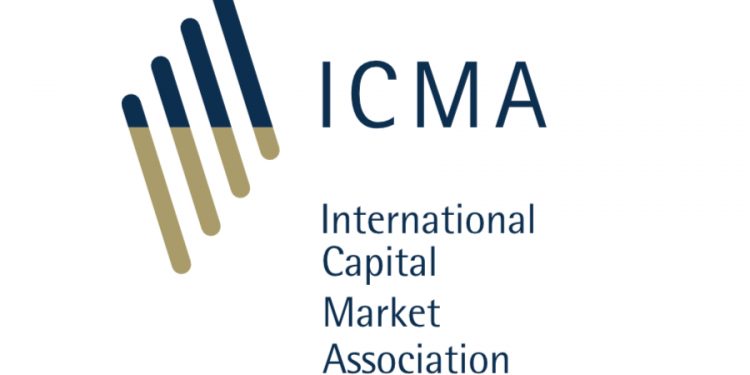Recommendations on EU Sustainable Finance Development
The International Capital Market Association (ICMA) releases recommendations on EU sustainable finance development, aiming to strengthen the EU’s leadership in the global sustainable finance development.
The sustainable finance development recommendations focus on three aspects: EU sustainable finance regulations, greenwashing risks, and transition finance, to support the development of the European Green Deal. The EU believes that to achieve the goals of the European Green Deal and RepowerEU, the European region needs more than 620 billion euros in financing each year, most of which is private financing.
From October 2020 to December 2022, the EU issued 98.4 billion euros in social bonds under the Support to Mitigate Unemployment Risks in an Emergency (SURE). The EU also issued 250 billion euros in green bonds under the NextGeneration EU program. The issuance of these social bonds and green bonds are related to the Green Bond Principles and Social Bond Principles of the International Capital Market Association.
Related Post: ICMA Put Forward Suggestions on ESG Greenwashing
EU Sustainable Finance Regulations
The total issuance of global green, social, sustainable development, and sustainability-linked bonds in 2023 was US$863 billion, of which 97% was issued in accordance with ICMA standards. The EU accounts for half of the world’s issuance and has formulated the EU Green Bond Standard, which is consistent with the ICMA Green Bond Principles and EU Taxonomy.
The EU’s sustainable finance regulations include the EU Taxonomy, the Sustainable Finance Disclosure Regulation (SFDR) and the Corporate Sustainability Reporting Directive (CSRD). ICMA considers the EU Taxonomy to be at the heart of European sustainable finance regulations and that it needs to address usability issues such as the need for high-quality data in Technical Screening Criteria and Do No Significant Harm analyses. Regarding the Sustainable Finance Disclosure Regulation (SFDR), ICMA believes that clearer provisions on disclosure requirements for material issues are needed.

Greenwashing Risks in EU Sustainable Finance
The greenwashing risk has always been a major concern for EU regulators. ICMA believes that the EU needs to consider the implementation and improvement of existing regulations, focusing on the availability and international interoperability of policies. ICMA does not recommend that the EU develop detailed regulatory definitions of greenwashing, as these definitions may confuse the market and create more reputational and litigation risks.
ICMA has previously published an article on Market Integrity and Greenwashing Risks in Sustainable Finance last year, arguing that market participants and regulators need to actively communicate to increase the availability of market data, strengthen greenwashing supervision, and encourage the whole market to make positive contributions.
Transition Finance in EU Sustainable Finance
Transition finance is the focus of EU regulators, market participants and other stakeholders. ICMA believes that the EU should incorporate transition plans into law as soon as possible. For example, the transition plan in the European Sustainability Reporting Standards (ESRS) needs to be consistent with international standards. ICMA also believes that the EU needs to define transition finance in European Taxonomy to provide market participants with accurate guidance.
Based on the IFRS S1 and IFRS S2 of the International Sustainability Standards Board (ISSB) and the recommendations of the UK Transition Plan Taskforce, ICMA proposed the Integrated Transition Plan. This concept complements ICMA’s Climate Transition Finance Handbook.
ICMA also believes that in the Sustainable Finance Disclosure Regulation (SFDR), all fund products can disclose to the market the proportion of their investment targets that have implemented transformation plans, to provide investors with more accurate transition investment opportunities and encourage investee companies reduce carbon emissions. These fund products include Article 6, Article 8, and Article 9 funds.
Reference:








